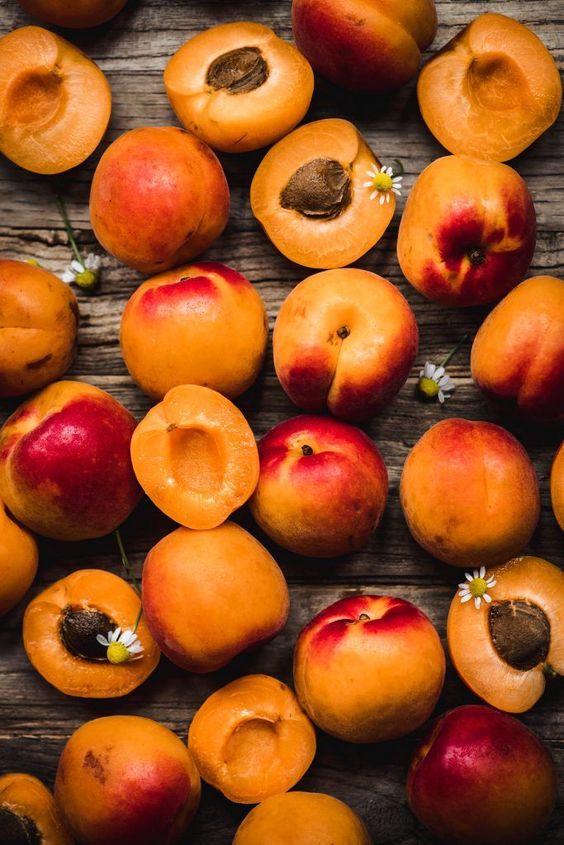Herbs and Spices -Apricot

Apricot
One of the most versatile fruits, common knowledge claims that the apricot was originally cultivated in China, till the Persians discovered it. There’s also dispute that it originated in Armenia since the fruit has been cultivated there since ancient times. It was when the fruit found its way to the Mediterranean that its true popularity came to light. The Spanish explorers are given credit for introducing the fruit to the Americas, where today it thrives. And there’s another school of thought that claims that the apricot was growing in India way back in 3000BC.
Disputes aside, the benefits of apricot are rarely denied by any. In fact, it’s as popular raw as it is cooked. The dried version of this fruit is globally loved, and in fact forms an important part of Iran’s global trade. Countries such as Turkey, Italy, Russia, Spain, Greece, USA and France are considered to be the leading producers of apricots.
This yellowish-orange fleshy fruit is quite a curious little thing. The tiny hairs on the outer skin lend a soft furry texture, and can be eaten without having to be peeled. It’s also one of the healthiest fruits in the world, with loads of benefits. It’s said that 100 grams of fresh apricots gives you 12% of vitamin C, 12% of vitamin A, and 6% of potassium required by the body – all this under less than 50 calories.
Benefits:
1.Good Source of Vitamin A: Apricots are packed with Vitamin A, which is also known as retinol. It’s fat soluble, and helps in the enhancement of vision, among other things. And it keeps the immune system in check, protecting your skin in the process. Retinol and Beta Carotene (also present in apricots) also reduces the chances of you developing a serious eye-related disorder called Neovascular ARMD – an age-related macular degeneration that causes loss of vision over the years.
2.Rich in Fiber: Whether you eat it dried, or fresh, apricots are a good source of dietary fiber. Given that the retinol in apricot is fat soluble, the fruit dissolves in the body easily, and the important nutrients are easily absorbed by the system. And it breaks down fatty acids fast, which means your digestion is in order. And not only that, the fruit protects you from gastrointestinal concerns by cleaning out the intestines regularly.
3.Good for Your Heart: Given that the fruit is high on fiber content, it helps to reduce the bad cholesterol content in the body, and that means your heart is protected. And at the same time, it increases the good cholesterol. Plus the potassium content in the fruit balances the electrolyte levels in our system, keeping our heart muscles in order. .
4.High in Antioxidants: Ripe apricots are natural sources of antioxidants. Antioxidants kill free radicals that damage our cells as well as slow ageing process.
5.Help reliev5.Good for Your Blood: Any plant produce that contains iron has non-heme iron, and that includes apricot. This type of iron takes its time to be absorbed by the body, and the longer it stays in the system, the better your chances in preventing anemia. It’s recommended that you take some vitamin C along with it to ensure better absorption of the non-heme iron.
6.Good for the Skin: The combination of Vitamin C, A, and phytonutrients ensures good skin.
7.Strengthens the bones: Calcium is much required in the formation and development of bones, and apricot has lots of it. What’s also interesting to note that without enough potassium in the body, the calcium is not absorbed and disposed of uniformly. And the good news is that the apricot has both of them!
Serving way:
• Mix with morning cereal
• Blend with yoghurt
• As spread for bread
• Apricot tarts, pies, crumbles, cakes
• Added in salad
https://food.ndtv.com/opinions/8-apricot-benefits-the-nutritional-heavyweight-among-fruits-1248312